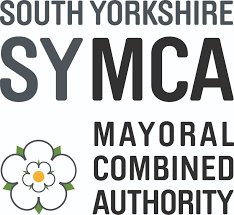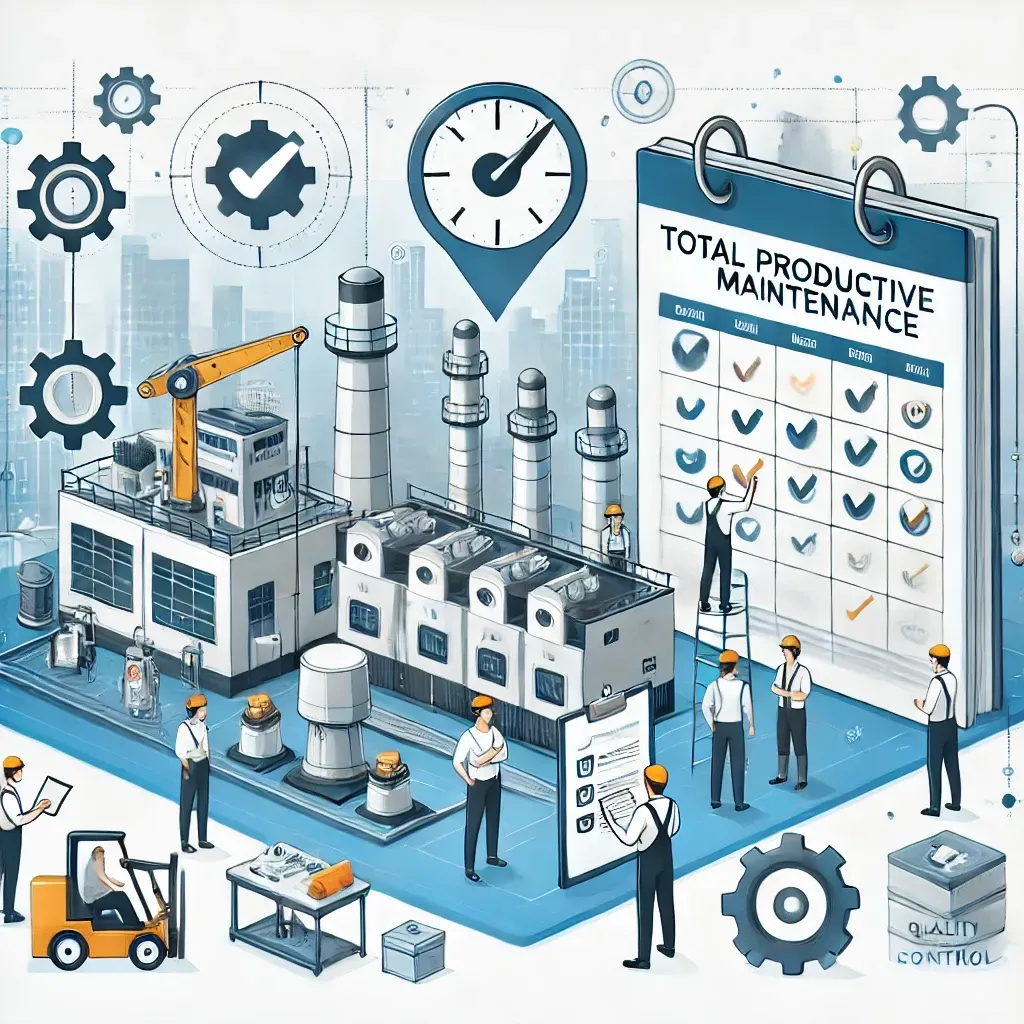10 Misconceptions about Lean Methodology...
Updated: 16th January 2024
Let's set the record straight... about Lean Methodology
Welcome to a comprehensive exploration of Lean methodology, a transformative approach that has reshaped countless businesses across the globe. Despite its widespread acclaim and success, Lean is often shrouded in misconceptions, leading many organisations to miss out on its full potential. In this blog post, we’re setting the record straight by debunking 10 common myths about Lean methodology, offering clarity and insight into its true capabilities.
Lean methodology, known for its principles of efficiency and waste reduction, extends far beyond its roots in the manufacturing industry. It's a versatile and powerful tool applicable to a diverse range of sectors, including healthcare, finance, technology, and even non-profit organisations. But what exactly is Lean, and why is it often misunderstood? We delve into these questions, addressing common fallacies that range from the belief that Lean is merely a cost-cutting tool to the misconception that it's only suitable for large corporations.
This post aims not just to dispel myths but to illuminate the path for businesses seeking to implement Lean practices effectively. Whether you're a small startup or a multinational corporation, understanding the true essence of Lean can revolutionise the way you operate, enhance customer satisfaction, and drive sustainable growth.
Join us as we uncover the realities of Lean, backed by industry examples, expert insights, and practical advice. Discover how Lean can be an integral part of your business strategy, leading to enhanced efficiency, innovation, and competitiveness in today's fast-paced market.
Myth 1: "Lean is only for manufacturing"
Lean's principles transcend beyond the factory floor. In healthcare, Lean streamlines patient care processes, reducing wait times and improving patient outcomes. In the service sector, like finance or hospitality, it optimises operational flow and enhances customer service. Lean's adaptability makes it a powerful tool for operational excellence in any sector, including technology, education, and government services. Embracing Lean in various industries demonstrates its versatility in optimising diverse operational models to deliver better value.
Myth 2: "Lean is a quick fix"
Implementing Lean is more akin to running a marathon than a sprint. It's a strategic journey that embeds a new way of thinking and working within an organisation. This cultural shift towards a Lean mindset involves everyone from top-level management to frontline employees. It's about building a sustainable practice of continuous improvement, not just implementing a set of tools. Long-term commitment to Lean principles leads to lasting improvements in efficiency, quality, and customer satisfaction.
Myth 3: "Lean is only about cost cutting"
Lean's essence is about creating more value with fewer resources. While this often results in cost savings, the primary focus is on enhancing the value delivered to customers. By analysing and improving each step of a process, Lean helps in identifying and eliminating redundancies, ensuring that every activity adds value to the end customer. This approach not only reduces costs but also boosts quality, increases speed, and improves responsiveness, thereby enhancing overall customer satisfaction and loyalty.
Myth 4: "Lean requires a lot of upfront investment"
Lean methodology champions efficiency, which often means utilising existing resources more effectively rather than requiring significant new investments. The emphasis is on maximising value through smarter work practices, not necessarily on expensive technologies or tools. Many Lean techniques, such as 5S (Sort, Set in order, Shine, Standardise, Sustain), require minimal investment but can lead to substantial improvements in workplace organisation and efficiency. This makes Lean an accessible strategy for businesses of all sizes and budgets.
Myth 5: "Lean is only about eliminating waste"
While identifying and eliminating waste is a critical component of Lean, its scope extends much further. Lean also focuses on optimising the entire value stream, from raw materials to customer delivery. This includes improving workflow, enhancing process efficiency, and ensuring that products or services align closely with customer needs. By concentrating on value-added activities, Lean helps organisations not only to remove non-essential tasks but also to innovate and improve their product offerings, leading to increased competitiveness and market relevance.
Myth 6: "Lean is only about standardisation"
While standardisation is a key element in Lean for creating efficient, repeatable processes, it’s not the end goal. Lean also encourages innovation and adaptability within the framework of standard processes. It allows businesses to identify best practices and replicate them across the organisation while still encouraging creative problem-solving and continuous improvement. Standardisation in Lean serves as a platform for stability and consistency, which in turn fosters an environment where innovation can thrive without disrupting operational flow.
Myth 7: "Lean is only for large organisations"
Lean principles are not confined to the scale of an organisation. In fact, small and medium-sized businesses may find Lean particularly beneficial due to their need for agility and efficient resource use. Lean can help smaller businesses compete with larger counterparts by maximising customer value and reducing waste, leading to improved operational efficiency and customer responsiveness. The flexibility of Lean principles means they can be tailored to fit the unique challenges and opportunities of both small local businesses and large multinational corporations.
Myth 8: "Lean is inflexible"
Contrary to this myth, Lean is highly adaptable and can be moulded to suit different organisational needs and goals. It’s a philosophy that encourages responsiveness to change and continuous improvement. This flexibility is evident in how Lean principles have been successfully applied across various industries and in different types of organisations, from manufacturing plants to software companies, and even in non-profit sectors. Lean provides a framework for improvement that is robust yet flexible enough to adapt to changing market demands and organisational priorities.
Myth 9: "Lean is only about process improvement"
Lean’s scope extends well beyond mere process improvement; it encompasses a holistic approach to business performance. While process optimisation is a significant aspect, Lean also drives improvements in product quality, customer engagement, employee satisfaction, and even environmental sustainability. By focusing on value creation and waste reduction, Lean methodologies can lead to a more engaged workforce, higher quality products and services, and a stronger, more resilient business model that can adeptly navigate market challenges.
Myth 10: "Lean is a one-time event"
Embracing Lean is not a one-off initiative but a continuous journey of improvement and learning. The principle of 'Kaizen,' or continuous improvement, is central to Lean philosophy. This involves regularly reviewing and refining processes, encouraging employee feedback and innovation, and always looking for ways to better meet customer needs. The ongoing nature of Lean means that it becomes part of the organisational culture, a mindset that continually seeks to enhance efficiency, quality, and value.
Final Thoughts
In wrapping up our exploration of the ten common misconceptions about Lean methodology, it’s clear that Lean is much more than a set of tools or principles confined to manufacturing. It's a transformative philosophy that can revolutionise businesses across various industries, from small startups to large corporations, by enhancing efficiency, fostering innovation, and driving customer value.
As we’ve seen, Lean is neither a quick fix nor merely a cost-cutting strategy. It's a holistic approach to growth and continuous improvement, adaptable and applicable in diverse organisational contexts. By debunking these myths, we aim to illuminate the true essence of Lean — a pathway to sustainable business excellence and growth.
We hope this post has not only clarified misconceptions but also inspired you to consider how Lean can be integrated into your own business practices. Whether you are just starting on your Lean journey or looking to deepen your existing practices, remember that the journey of Lean is ongoing and evolves with your business.
🔄 Stay Connected for More Insights
Don’t forget to subscribe to our blog via the contact form for more in-depth discussions and tips on Lean methodology and business optimisation. Together, let’s embrace the journey of continuous improvement and drive success in our respective fields.
Thank you for joining us in debunking these Lean myths. Here’s to embracing Lean principles and propelling our businesses towards greater efficiency, innovation, and customer satisfaction.
Top Lean Six Sigma Reads:









